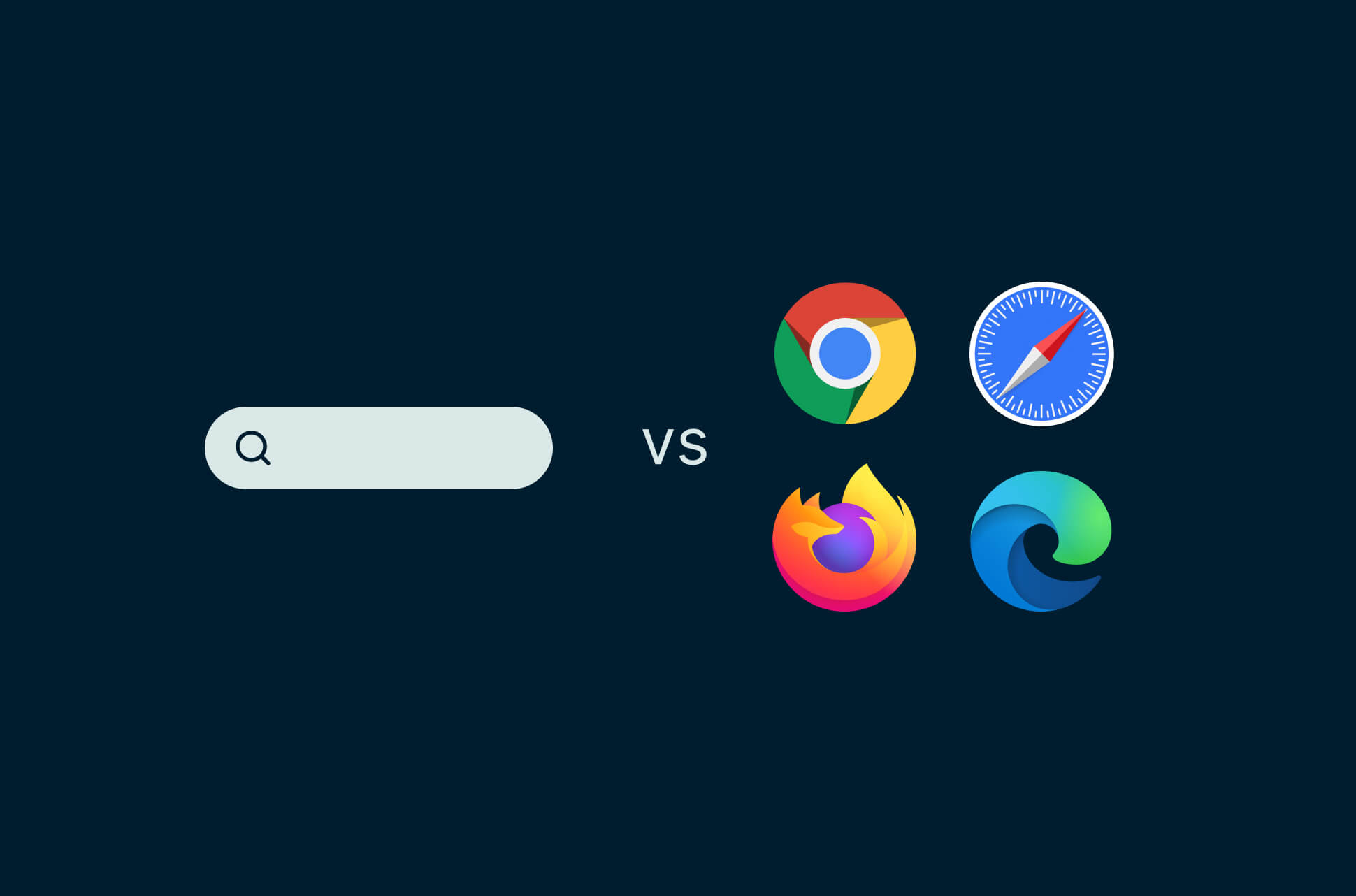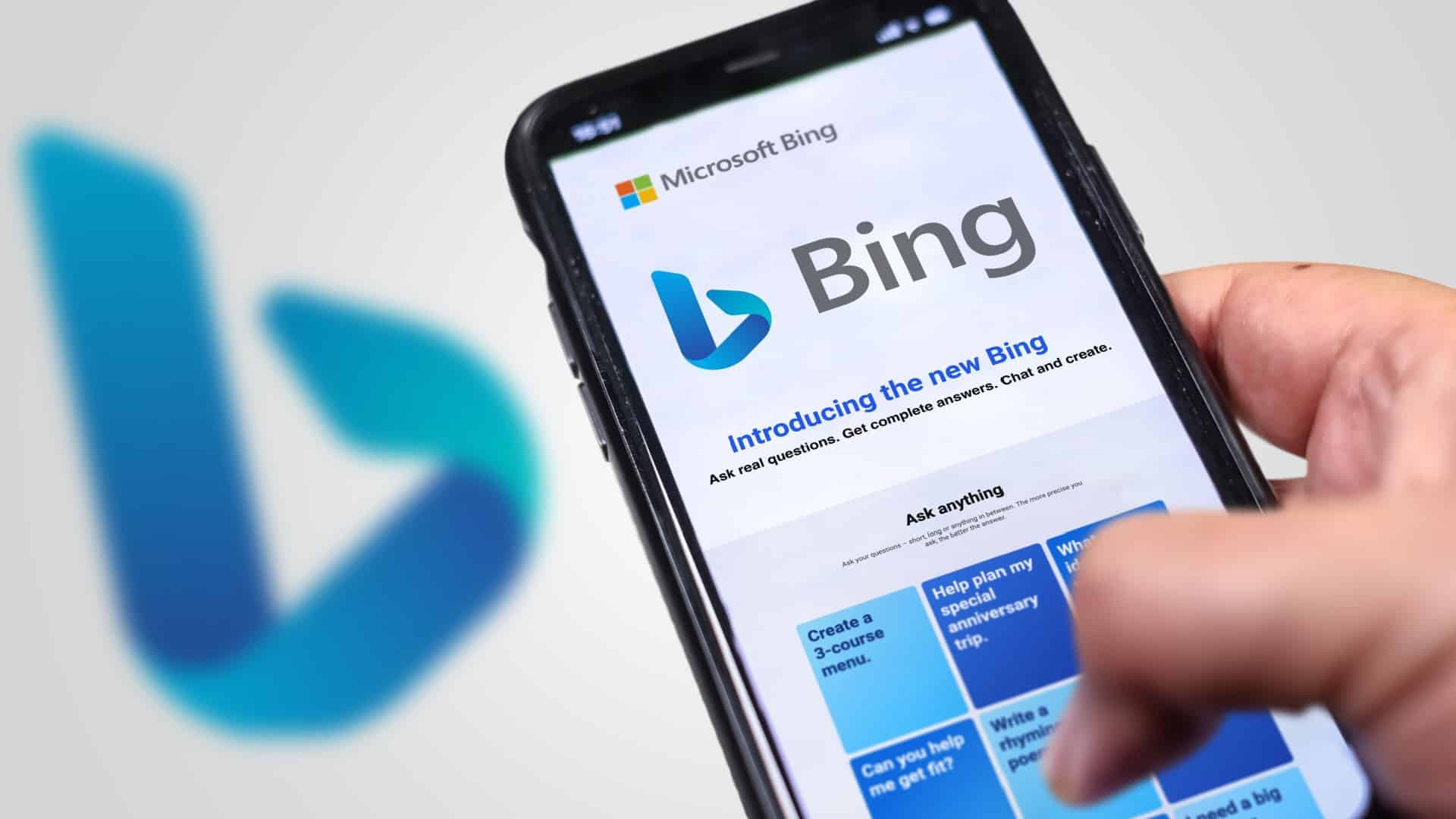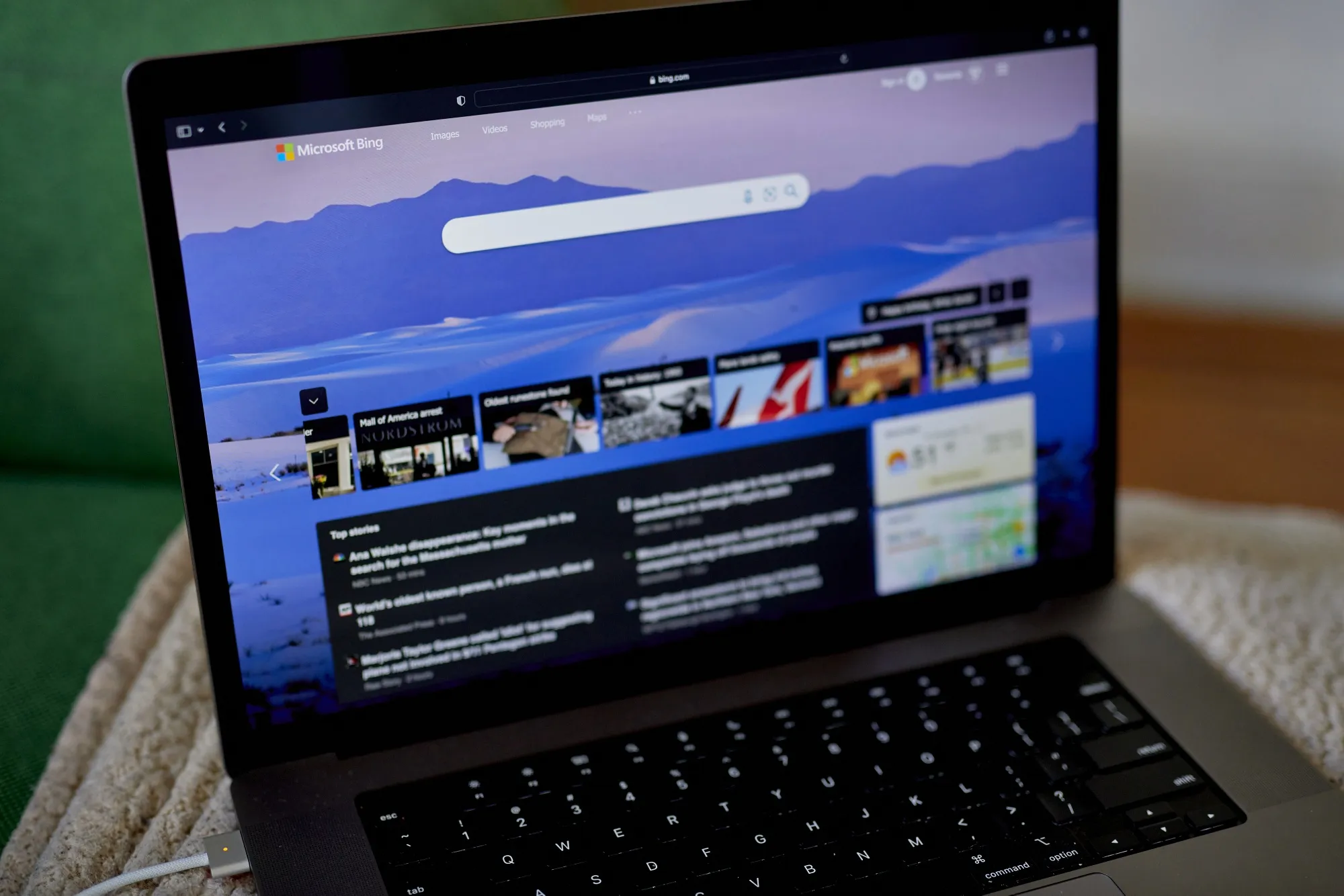Choosing Between Bing and Google on Your MacBook: A Comprehensive Guide

When it comes to search engines on your MacBook, the choice often boils down to two major players: Bing and Google. Each offers distinct advantages and disadvantages depending on your priorities, whether it's enhancing your search experience or maintaining privacy. This guide delves into the nuances of both to help you make an informed decision.
Elevate Your Search: The Google Advantage

Elevate Your Search: The Google Advantage
Google is often the go-to search engine for many due to its sophisticated algorithms and expansive database, which together ensure highly relevant and accurate search results. This capability means users can expect to find what they’re looking for quickly and efficiently. Google also enhances the user experience by offering features like instant answers, suggested searches, image previews, and voice search capabilities. These tools are designed not just to streamline the search process but to enrich it, providing immediate access to a wide array of information in multiple formats.
Moreover, Google’s integration with its myriad of services—Gmail, Google Drive, Calendar, and Maps, to name a few—provides a seamless user experience. For instance, having Google as your default search engine allows you to search through emails or manage your calendar directly from the browser, streamlining productivity and data accessibility.
The Apple Ecosystem: Bing’s Seamless Integration

The Apple Ecosystem: Bing’s Seamless Integration
On the other side, Bing, as Apple’s default search engine, offers a cohesive experience within the macOS and iOS environment. This integration extends to features like Siri and Spotlight Search, which rely on Bing for delivering web search results. The advantage here lies in the unbroken user experience across all Apple devices and services, which might be disrupted if switching to Google.
Bing has also positioned itself as a privacy-conscious choice. It collects less personal data compared to Google, focusing on providing a more private browsing experience. For users who prioritize their online privacy, Bing presents a compelling case.
Weighing Privacy Concerns

Google's approach to personal data can be a deal-breaker
Despite its robust features, Google's approach to personal data can be a deal-breaker for privacy-focused users. Google's model depends heavily on collecting extensive data such as search history, location information, and browsing habits to personalize search results and ads. Those uneasy with this level of data harvesting might find Bing's privacy measures more aligned with their values.
The Verdict
Deciding whether to delete Bing and switch to Google on your MacBook involves a balance of considerations. Google's enhanced search capabilities and integration with other services make it a powerful tool for efficiency and convenience. However, if privacy is your chief concern or you value consistent integration across Apple devices, Bing could be the better choice.
In the end, it’s about what matters most to you in your day-to-day use of your MacBook. Each search engine offers unique benefits, so consider how these align with your needs. Whether it’s Google’s efficiency and connectivity or Bing’s privacy and seamless Apple integration, the right choice should complement your digital lifestyle.